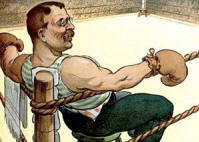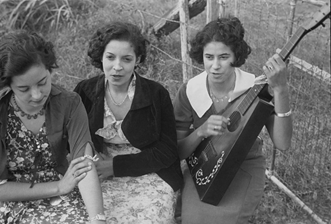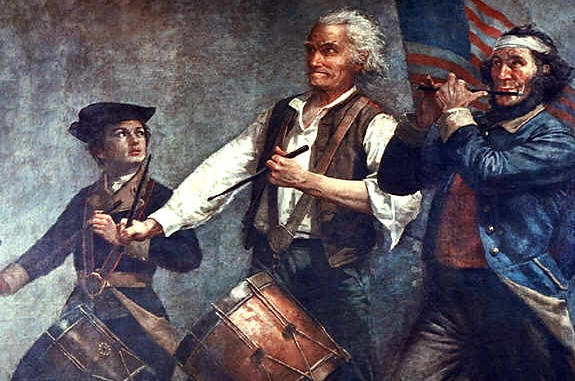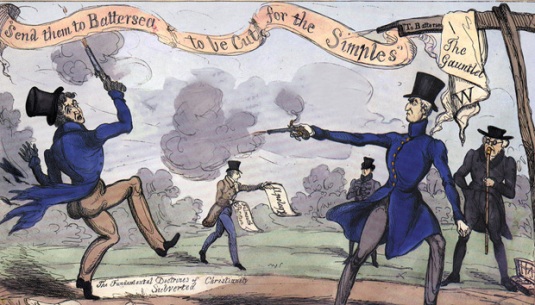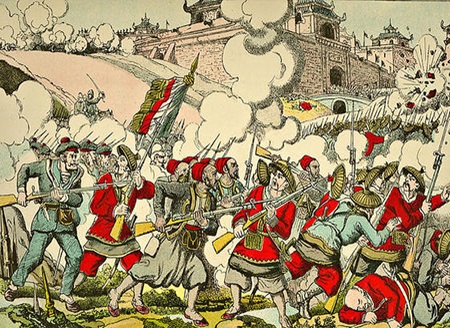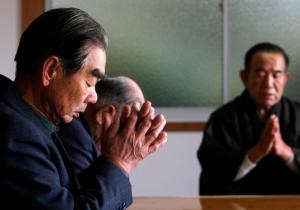historical ponderings of a part-time historian/full-time teacher
|
"There is one mind common to all individual men. Every man is an inlet to the same and to all of the same." Ralph Waldo Emerson from "History" (1841) Scott Plencner's Part-Time , but serious, career in History smplencn@neiu.edu Teaching History 2003-2006 Northside Prep H.S., Chicago 2006- Taft H.S., Chicago Background BA History/Secondary Ed NEIU- 2003 MA History (in progress) NEIU Honors James Madison Memorial Fellow, 2013 Seminars Washington Center's Pursuit of the Presidency, 2000-01; Gilder-Lehrman Dec. of Ind. Institute at U. of VA, 2008; James Madison Fellowship Summer Institute at Georgetown U., 2015 Historical Interests American politics, identity politics, suburbs studies, tourism history, Chicago, 1970s-1990s, Gilded Age, Early American Era, Quebecois explorations My teachers NEIU: Steven Riess (American Sports), Joshua Salzmann & June Sochen (American), Patrick Miller (African-American), James Morton (American politics), Ignacio Mendez & Richard Grossman (Latin America), David Leaman (World Politics), Andrew Eisenberg (Asia), Michael Tuck (Africa & Slavery), Susan Rosa (Ancient), Charles Stienwedel (Russia); JMMF: Jeffry Morrison (Regent), Daniel Dreisbach (American), Kevin Hardwick (Madison), Teri Halperin (Richmond); GLS: David Armitage (Harvard); NDHS: James Boylan, William DeBaets, Christopher Kuhn |
On one of my many travels (see
here), I once met a one-armed man on a beach in South
Carolina who got to talking to me about the complexities of life
and what it means to be a human. Sensing we shared common
interests, he asked me what I did for a living. I told him my
vocation, "I am a history teacher,"
to which he immediately replied, "No, you ain't!" .... I had
only minutes before met this man and he seemed to know better
than myself who I was. I got a bit angry, but before I could
challenge him, he finished, "You ain't a history teacher. You's
a YANKEE history teacher." Yes! This was a man who truly understands
the living nature of
history. "You ain't a history teacher. You a YANKEE history teacher." There is this idea that history is the study of the past, but really it is the study of the past so we can make sense of the present and be guided for the future. It can be a weapon or it can be a source of inspiration. It is a flexible, movable thing, ever-changing and ever-useful. It is negotiated. So for me, yes, history was Yankee history. History comes from within and always carries its author around with it. History began for me while poking through the photo albums of my elderly Aunt Fritz who told me stories as I asked. Instead of the photos showing random faces, the people in them became my great-grandparents and I was them. (The historian should strive to be compassionate.) The past, however foggy my view was, came alive when Is aw it through their eyes. I am almost addicted to that haunting view into the past and search far and wide for the ghosts that make us who we are. |
|||||||||||||||||||||||||
| Current Studies I am almost always interested in a wide variety of subjects from genealogy to tourism history to race relations to American politics, past and present. I dwell often on the history of places I love like Northern Wisconsin and the Miss-Lou region. I am always lookking for untold stories or stories that need to be retold. This is why I have been delving lately into the history of the 1980s and 1990s, which has only recently emerged from the flexible recent history and is making its way into another less flexible plane of historical existence. Since I am in a Masters' Program right now, my current studies are usually partially prescribed by my professors. As of March, 2016, I am personally researching inter-group conflict in northern Wisconsin in the post-Walleye War era. I am assisting students who are doing IB extended essay studies on the Crusades of the 15th Century and TV's role in forming/reflecting the culture of the 1960s and 70s. Projects on the backburner include a study of youth involvment in counter-civil rights protests on the Northwest Side of Chicago and the editing and revising of my unpolished and unfinished research into Natchez historical memory. I am teaching AP/Honors US History and Chicago History at Taft High School in Chicago for a living. See my classpages here. |
||||||||||||||||||||||||||
| Past Studies These are a selection of past papers reflecting some research previously considered. Please contact me if you have any questions. If you cite them, please note these are unpublished, barely edited, and certainly not peer reviewed and that I retain all rights (and responsibilities) to the ideas presented.
|
||||||||||||||||||||||||||


